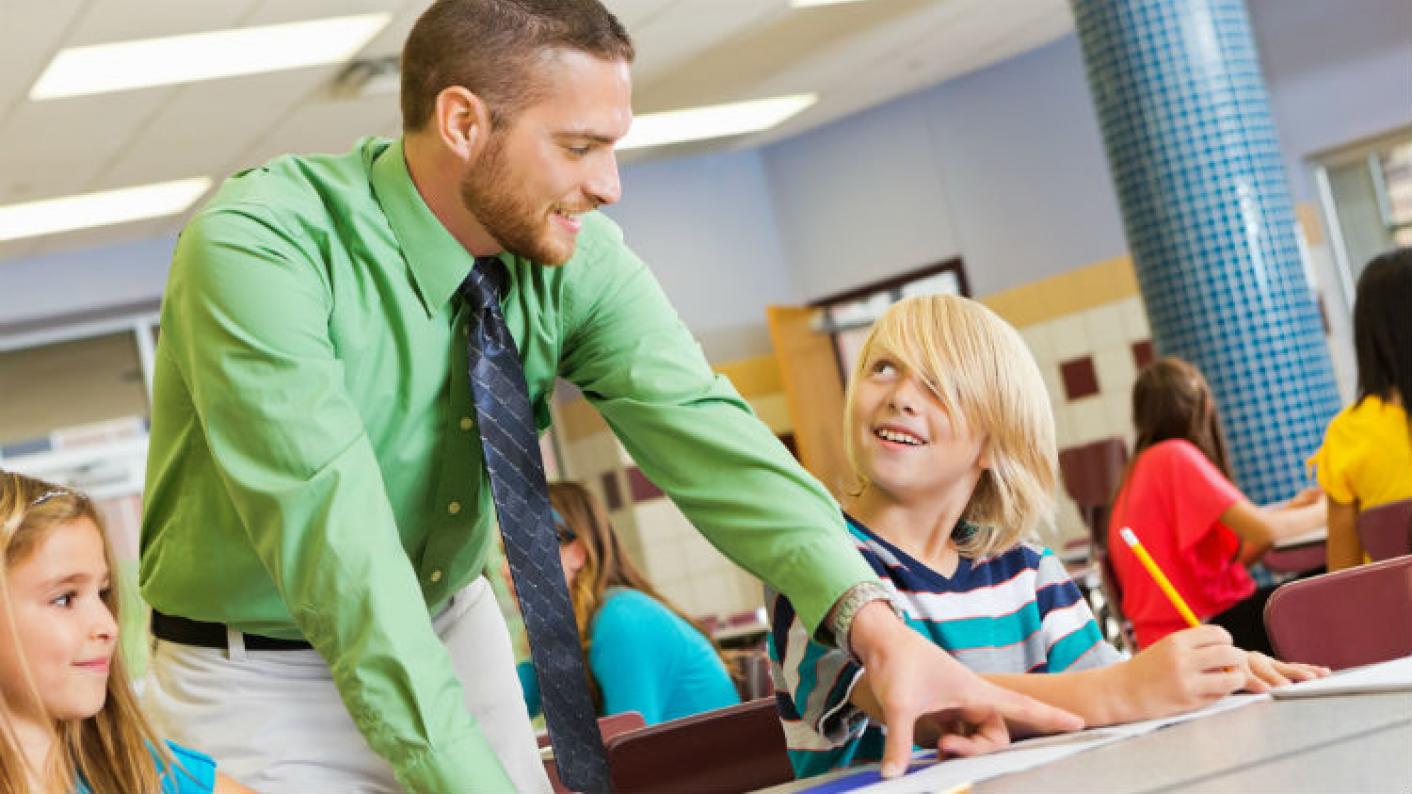If you’ve been invited for a teaching assistant interview, you’ve already got one foot in the door of your new role. The school knows you’re well-qualified and the interview is where you seal the deal.
Related
- What questions will I get asked in a TA interview?
- What could I earn as a teaching assistant?
- Becoming a higher level teaching assistant
- Moving from TA to teacher
What will happen during my TA interview?
As with most job interviews, the process varies from school to school. Some will be more formal than others, but most normally consist of two parts.
One part is aimed at getting to know you a little better and is likely to be a traditional-style interview with a panel of two or three people asking you questions. The other part of the interview is more practical and is aimed at seeing how well you will do in a classroom environment.
During the second part of the interview, you may be asked to work with a group of children so that your interviewers can get a feel for how well you would fit into the role.
For the formal interview, the panel may include a governor, the headteacher, teachers or an existing TA.
They will probably take it in turns to ask you pre-prepared questions and they’re likely to write down notes to help them remember what you’ve said and because they are legally required to keep a record of the process.
You might also be asked questions about how you might manage certain situations in the classroom, such as poor behaviour or giving feedback on a task. Make sure you are fully prepared to explain in more depth anything you have outlined on your application form.
At the end, you’ll have an opportunity to ask questions.
How can I prepare for formal interview?
The best way to prepare is to practise, practise, practise. Ask a friend or family member to interview you and give you honest feedback. Use our teaching assistant interview questions to help you understand the breadth of topics you may be questioned on, and to allow you to practise and prepare.
When putting together your answers, think carefully about any experiences you can draw on to illustrate your competencies in different areas. Can you think of a time you worked well in a team, managed a difficult situation, communicated well, etc?
What type of activity might I be asked to do?
Not all schools will ask you to work with children as part of the interview process, but it is fairly common practice. You are likely to be asked to work with a small group of children while being observed by one of the interview panel.
If you have little or no experience, then you will probably be given a fair amount of guidance about exactly what to do. If you are more experienced, you may be given more leeway and may even be asked ahead of the day to prepare a task.
An example task for secondary might be, say, a 15-minute intervention activity on fractions for a group of six Year 7 students who started the year below the expected standard in mathematics.
How can I prepare for an activity?
The best preparation you can do is to get used to working with children of the appropriate age. You may already be very confident but, if not, try to do a couple of voluntary sessions at your local school or children’s clubs and get used to interacting with young people.
Think especially about how to explain things in different ways to help children to understand, and also how to keep children focused on the task in hand and how to manage any difficult behaviour.
If you are given a task to prepare ahead of time, make sure you work out what you’re hoping to do in plenty of time, and practise, asking for feedback from a friend.
You might find it useful to look at the national curriculum frameworks for more information about what is covered at each key stage. You might also find it helpful to look at the resources available on Tes Resources.
What should I wear?
You need to make sure you feel comfortable so that you’ll do your best at the interview, but first impressions count for a lot. Although it’s not expected attire for a teaching assistant, you’ll never go wrong with a suit, or a smart skirt or trousers.
What do I need to take with me?
It’s a good idea to take a copy of your original application and you may be asked to provide documents needed for your CRB check, such as a passport and utility bill. This should all be made clear to you but, if in doubt, call the school and ask.
If you’ve prepared an activity, bring along anything you need – don’t rely on the school to provide it or you may find yourself rethinking your plan at the last minute. It’s also a good idea to bring a notepad and pen, as you may wish to write a few things down following your interview.
Remember that your interview starts long before you meet your interviewers. Everyone from the pupils to the secretary will be forming first impressions of you. Make sure you arrive in plenty of time and take a moment to talk to pupils and be pleasant to the admin staff.
Prepare for your interview with our teaching assistant interview questions
Already a TA? Find out about becoming a higher level teaching assistant
